The American musical film as a genre is beloved for its over-the-top "chorus girl" costumes, couples spontaneously bursting into song because their love can't be contained in dialogue, and troupes of dancers tapping in unison to form a glorious spectacle of bodies. But screen early musicals, and there's a downside. People of color were confined to the stage, their stories untold in the larger world of the musical (Down Argentine Way); women were denied agency (My Fair Lady, Gigi, The King and I); and queer characters and choruses of gay men were coded (The Broadway Melody, The Pirate, Gentleman Prefer Blondes). Now Schmigadoon, the infectious comedy series from Apple TV+, pays homage to the familiar pleasurable tropes of the American musical film while creating a space for those previously marginalized groups to control the narrative.
The series, which takes its name and central plot from the musical Brigadoon, stars Keegan-Michael Key and Cecily Strong as Josh and Melissa, a couple on a camping trip who are lured to an off-the-map town by music. There they discover a time warp of a village loaded with some of Broadway's most beloved actors.
Cabaret's Alan Cumming plays the mayor (the pansexual actor's character's name is Mayor Menlove) and Ann Harada is Mrs. Menlove. She gets a song in which she muses that her husband is a "queer one." Ariana DeBose, the queer star of The Prom and the upcoming West Side Story, is the single schoolteacher Emma Tate, who harbors a secret. Moulin Rouge's Aaron Tveit is the local carny and rapscallion Danny Bailey, who woos Strong's Melissa when she and Josh question their love for one another. Meanwhile, Tony winner Kristin Chenoweth plays the town's moral minority and the enemy of progress, Mildred Layton. In a series that calls out to musicals from Oklahoma! to Godspell, Jane Krakowski turns up in an episode with the very on-the-nose title of the Countess, a clear nod to The Sound of Music. No musical would be complete without the ingenue, played in Schmigadoon by queer Disney star Dove Cameron as Betsy, who becomes attached to Josh.
Cecily Strong
From creators Cinco Paul, who wrote the music and is the showrunner, and Ken Daurio, Schmigadoon self-reflexively calls out those problematic aspects of the early American musical. Soon after the couple's arrival in the tucked-away town, while eyeing the chorus of dancers, Melissa notes the "color-blind casting," nodding to musicals for decades in which artists like the tap dance stars the Nicholas Brothers, who were Black, were always confined to dancing and never allowed a story outside of the performance space.
"If you get to make a show during the pandemic, we're so lucky to work. ... It was like, 'Let's do it right, and let's do something we're really proud of,'" Saturday Night Live's Strong tells The Advocate about the series.
"For me, celebrating musical tropes is so much fun. American racism in the '50s or bigotry -- that's not a musical trope to me, and that's not what we celebrate," she says. "So it was moving past that so we can celebrate the tropes together as a cast that looks like what we look like."

Ariana DeBose as Schmigadoon's schoolteacher
Cameron, the Disney star of Liv and Maddie who confirmed that she's bisexual in a tweet during Pride Month of 2020, spoke about what it means to her to be a part of Schmigadoon and its centering of marginalized people.
"What Schmigadoon does so well is that it takes what openly presents as very unrealistic, very over-the-top -- the very point of the contrast is to point out the differences between our modern day and the classical musical tropes that we're all used to seeing that at this point feel quite outdated," Cameron says. "It takes these unrealistic, fanstasy-like circumstances and it pairs it back and makes it incredibly human.
"These two worlds [are] holding hands, and people that weren't originally a part of these stories back when these musicals were current [are given a voice]. A big theme of this is sexuality, and Kristin's character represents 'mothers against the future,' like anything progressive," she adds. "That's the joy of Schmigadoon is that it's all about humanity. It's all about progress and loving yourself and each other, and really loving your fellow humans."
Dove Cameron and Aaron Tveit
Before Melissa and Josh embark on their camping journey that leads them to Schmigadoon, the audience learns that she's a musical theater fan. In an early scene, she watches Singin' in the Rain (arguably the mother of all musical films) while Josh slumbers. She becomes the guide to navigating life under Schmigadoon's rules (musical rules aren't hard if you know them) and often urges Josh to sing to get the answers he needs in that world. Tony-nominated Tveit (Next to Normal, Catch Me if You Can, the big-screen Les Miserables) discusses Schmigadoon's lessons.
"It's a sneaky thing it [Schmigadoon] goes on, you realize that what they're actually doing is, as much as Cecily and Keegan's characters are learning from these people, these people, who are so sort-of single-minded and one-dimensional, by the end of this story, their lives change," Tveit says. "The themes of acceptance, all of these notions ... that we are at a moment where I hope we are recognizing these things in our society on a much bigger scale, the show is doing. It's reclaiming these stories that maybe weren't accepted at the time."

Alan Cumming as Mayor Menlove
Broadway veteran Harada shines in her deliciously tongue-in-cheek number in which she muses about her husband's "queer" demeanor. The Hawaii-born star of shows like Avenue Q and Cinderella says she's been lucky in her career to have enjoyed what she calls "color-aware" casting. The musical has long portrayed people of Asian descent through stereotypes. Look no further than South Pacific and The King and I. She's proud to be a part of Schmigadoon's rewriting of the musical.
Ann Harada
"This is the kind of work you want to be a part of. If anyone can criticize the American musical for anything, it's that we need to be more progressive and reflect the world more as it is than what it was," Harada says. "If Schmigadoon is doing that, that's taking it a step in the right direction. And it's exposing it to a wide array of people who would not otherwise get to see Broadway and who, in fact, might never have seen Broadway."
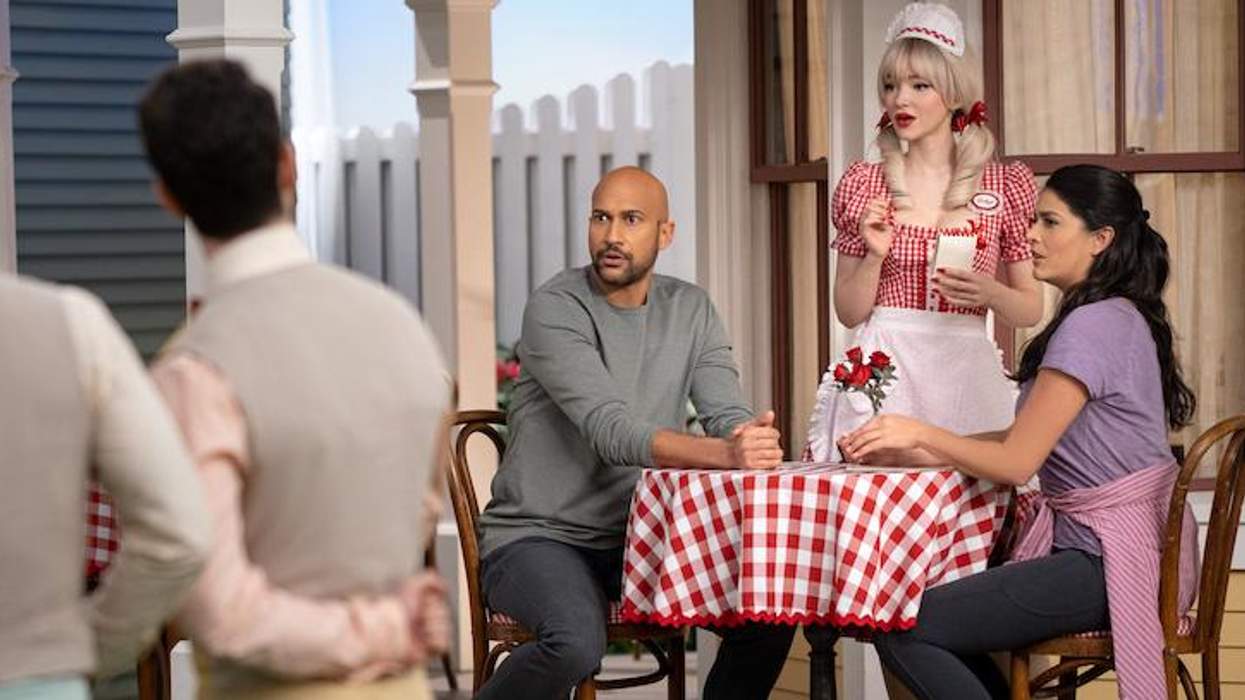

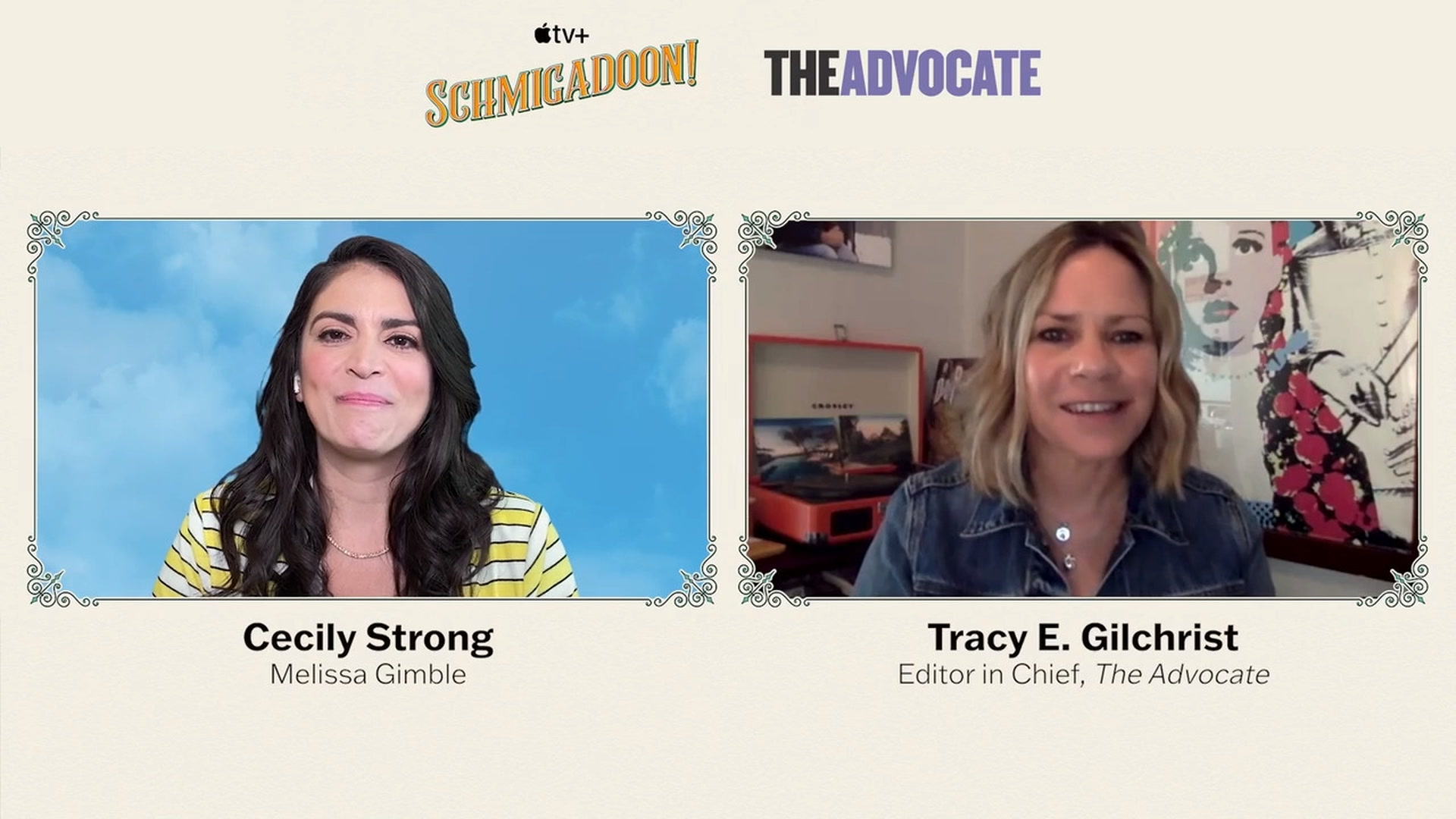
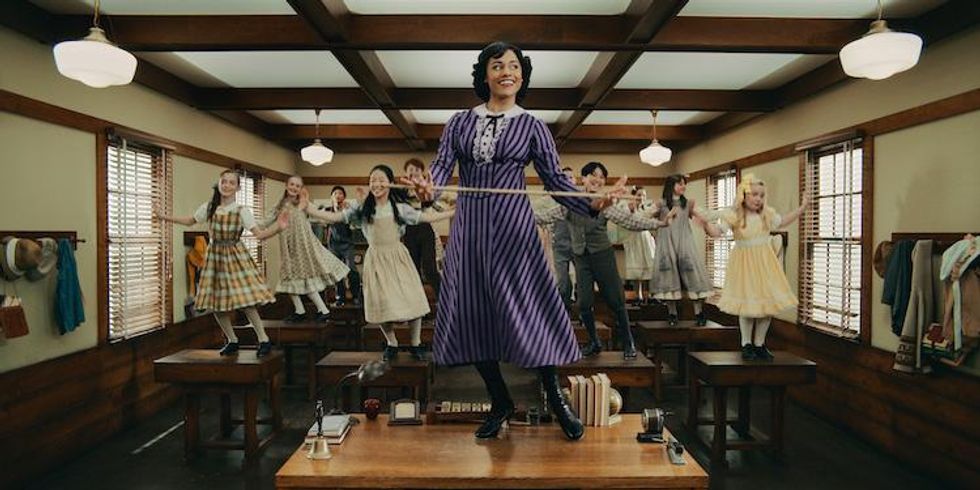
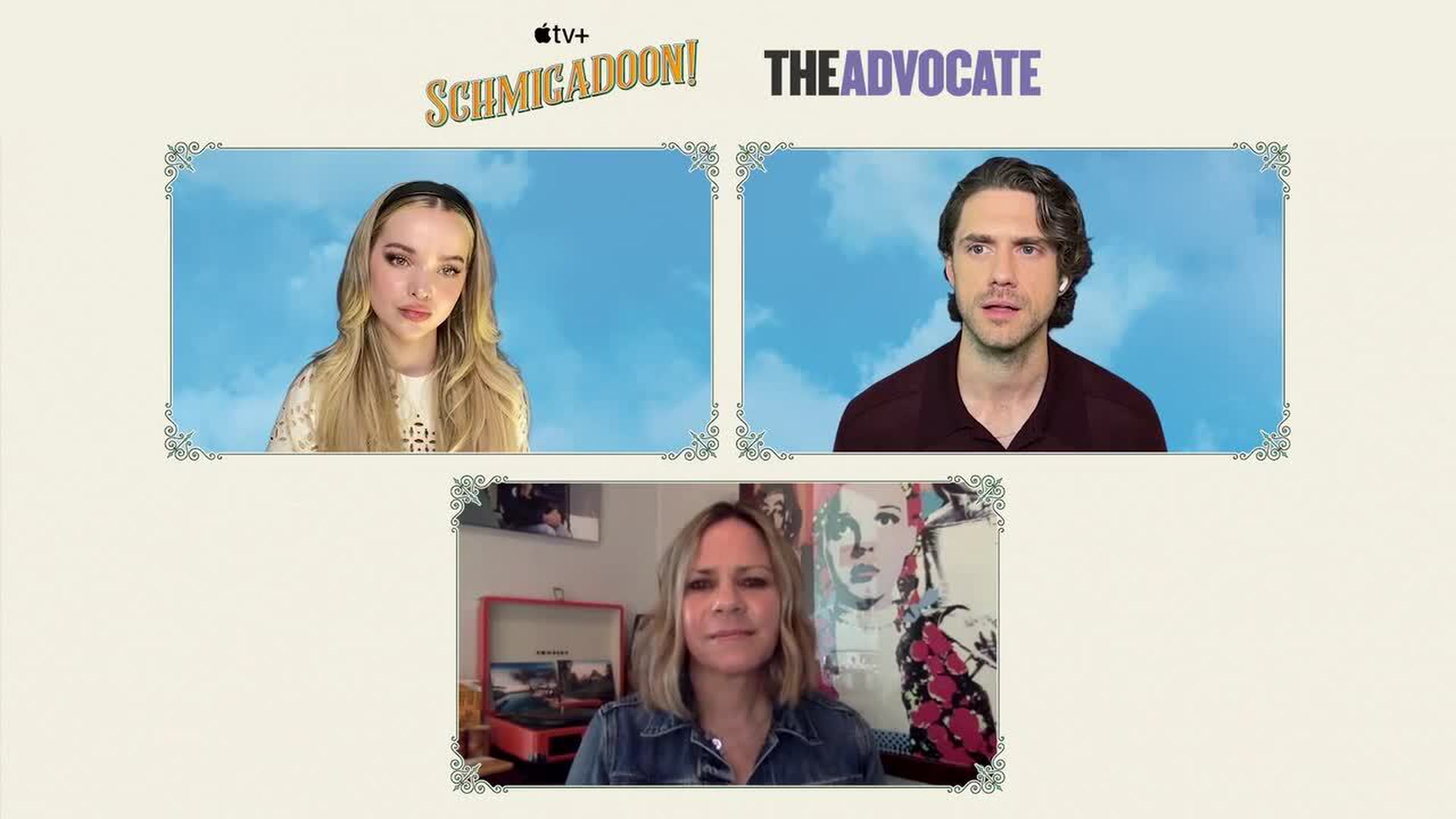
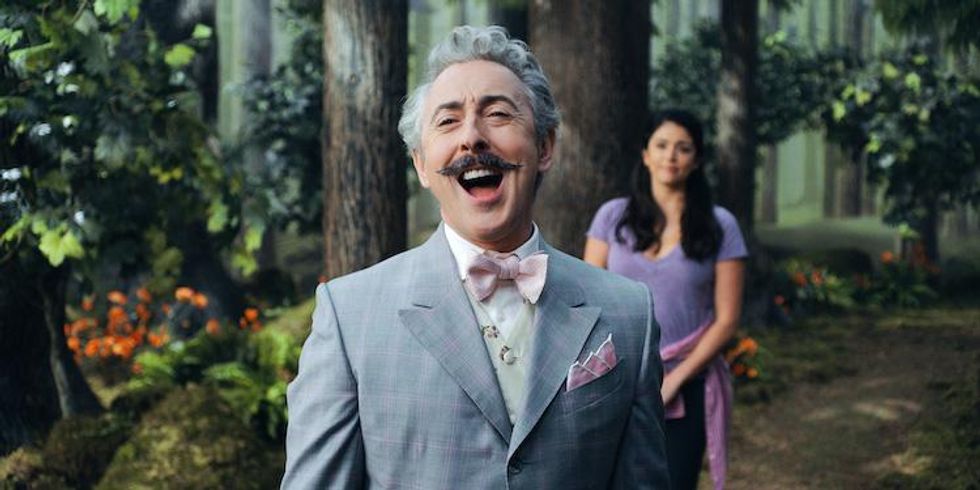




































































Charlie Kirk DID say stoning gay people was the 'perfect law' — and these other heinous quotes